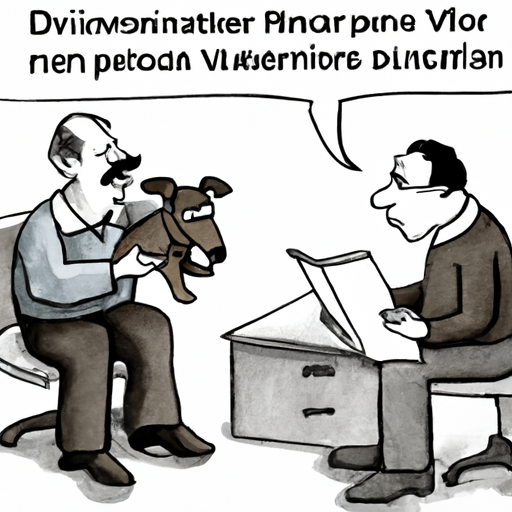Parvovirus is a highly infectious disease that can pose a serious threat to your dog’s health. But don’t fret, you’re not alone in this. As a caregiver, you’re armed with love, patience, and the willingness to do everything you can to nurse your beloved pet back to health. Here’s a comprehensive guide on how to treat parvovirus in dogs.
Understanding Parvovirus
Parvovirus is a viral illness that most commonly affects puppies. The virus targets rapidly dividing cells in a dog’s body, most severely affecting the intestinal tract.
- Symptoms: Common symptoms include severe vomiting, loss of appetite, bloody diarrhea, and lethargy.
- Transmission: The virus can be transmitted by any person, animal, or object that comes in contact with an infected dog’s feces.
| Symptoms | Transmission |
|---|---|
| Severe vomiting, loss of appetite, bloody diarrhea, lethargy | Contact with infected dog’s feces |
Seeking Veterinary Care
Your first step should be to seek immediate veterinary care. Parvovirus is a serious disease and your vet will be able to provide the best course of treatment.
- Diagnosis: Your vet will likely use a combination of a physical examination, biochemical tests, urine analysis, and specific tests for parvovirus.
- Hospitalization: Because of the severity of the disease, most dogs with parvovirus will need to be hospitalized for treatment.
Treating Parvovirus
There is no cure for parvovirus, but there are treatments to manage the symptoms and boost your dog’s immune system.
- Fluid Therapy: To combat dehydration, your vet may administer fluids either under the skin or directly into the vein.
- Medication: Antibiotics and anti-nausea medications can help control symptoms and prevent secondary infections.
Preventing Parvovirus
Prevention is better than cure, and there are steps you can take to protect your dog from parvovirus.
- Vaccination: Vaccination is the most effective way to prevent parvovirus. Puppies should receive their first vaccine between 6 to 8 weeks of age, with booster shots every 3 to 4 weeks until they are 16 weeks old.
- Hygiene: Regularly clean and disinfect your dog’s environment.
FAQ
Q: Can parvovirus be prevented?
A: Yes, regular vaccination and good hygiene can help prevent it.
Q: Can humans get parvovirus from dogs?
A: No, the type of parvovirus that affects dogs does not infect humans.
Q: How long does it take for a dog to recover from parvovirus?
A: With prompt treatment, most dogs start to improve within 48 to 72 hours.
Remember, you’re not just a pet owner. You’re a caregiver, a beacon of hope and comfort for your furry friend. Armed with knowledge and dedication, we can fight against parvovirus together. Keep your chin up and paws strong!



